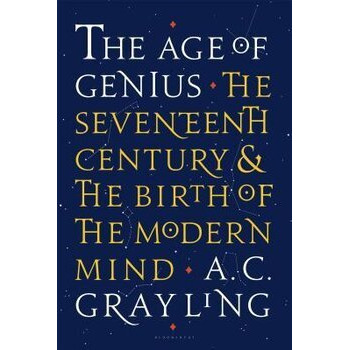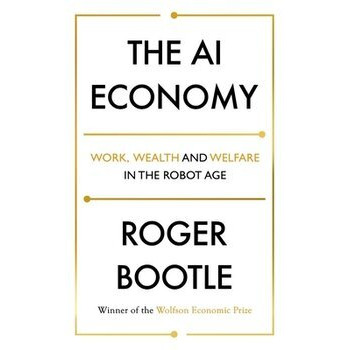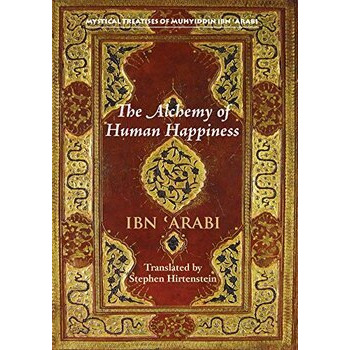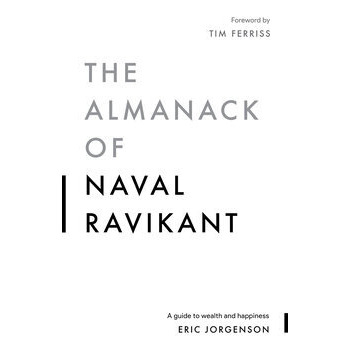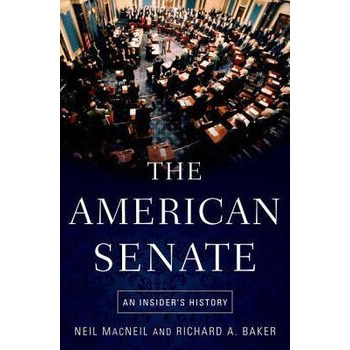The Age of Genius
The Age of Genius by A.C. Grayling is a historical exploration of the "Age of Genius" in the 17th and 18th centuries, a period marked by groundbreaking intellectual and scientific advancements. Grayling examines how thinkers like Galileo, Descartes, Newton, and Locke shaped modern philosophy, science, and the foundations of the Enlightenment. The book delves into the transformative ideas of the time and the broader cultural and social shifts that allowed these thinkers to challenge traditional beliefs and contribute to the development of the modern world. Grayling argues that this era was pivotal in shaping the intellectual landscape of the Western world, bringing reason, empiricism, and individualism to the forefront.
The Ages of Globalization
The Ages of Globalization: Geography, Technology, and Institutions by Jeffrey D. Sachs explores the history of globalization through seven distinct ages, from prehistoric times to the present digital era. Sachs examines how geography, technological advancements, and institutional developments have shaped human societies and interconnected economies over time. He also discusses the challenges of modern globalization, including climate change, inequality, and geopolitical conflicts, offering insights on how humanity can navigate the future sustainably.
The AI Economy
The AI Economy by Roger Bootle explores the transformative impact of artificial intelligence on global economies, businesses, and society. Bootle examines how AI-driven automation will reshape industries, job markets, and wealth distribution, addressing both the opportunities and challenges it presents. He discusses historical parallels with past technological revolutions, analyzes AI’s potential to increase productivity and efficiency, and considers the ethical and policy implications of widespread automation. With a balanced perspective, The AI Economy offers insights into how individuals, businesses, and governments can navigate and thrive in an AI-driven future.
The Alchemist
The Alchemist by Paulo Coelho is a philosophical novel that follows the journey of Santiago, a young shepherd from Spain, as he embarks on a quest to find a hidden treasure. Along the way, he encounters various characters, including a king, a crystal merchant, and an alchemist, who teach him important life lessons about following one's dreams, listening to one's heart, and recognizing the signs of the universe. Through Santiago’s adventures, Coelho explores themes of destiny, self-discovery, and the pursuit of personal legend. The novel is a timeless and inspirational story about perseverance, the pursuit of dreams, and the interconnectedness of all things.
The Alchemy of Happiness
*The Alchemy of Happiness* by Abu Hamid al-Ghazali is a profound philosophical and spiritual work that explores the path to true happiness through self-awareness, morality, and connection with the divine. Written by one of Islam's greatest scholars, the book offers practical guidance on achieving inner peace and fulfillment by addressing the purification of the soul, overcoming negative traits, and cultivating virtues such as wisdom, humility, and devotion. Al-Ghazali examines topics like the nature of the self, the importance of knowledge, and the balance between worldly life and spiritual growth. Through a combination of Islamic teachings and philosophical insights, *The Alchemy of Happiness* serves as a timeless guide to leading a meaningful and contented life.
The Alchemy of Human Happiness
The Alchemy of Human Happiness by Stephen Hirtenstein is a thought-provoking exploration of the inner transformation required to achieve true happiness. Drawing on both spiritual wisdom and philosophical insights, the book delves into the idea of happiness as an inner state rather than an external pursuit. Using concepts from Islamic mysticism, particularly the teachings of Ibn Arabi, Hirtenstein presents an alchemical approach to self-development and fulfillment. The book emphasizes the importance of self-awareness, inner peace, and connection to the divine as key elements in attaining lasting happiness. It's an inspiring read for those interested in spiritual growth and understanding the deeper aspects of human well-being.
The Almanack of Naval Ravikant
"The Almanack of Naval Ravikant" by Eric Jorgenson is a collection of insights and wisdom from entrepreneur and investor Naval Ravikant, distilled into a practical guide for achieving wealth and happiness. The book compiles Ravikant's thoughts on various topics, including entrepreneurship, investing, and personal development, drawing from his popular podcasts, tweets, and essays. It emphasizes the importance of cultivating a mindset focused on long-term thinking, leveraging skills, and creating value. With actionable advice and philosophical reflections, this book serves as a valuable resource for anyone looking to improve their life and achieve their goals.
The American Senate
*The American Senate* by Neil MacNeil is a comprehensive historical account of the United States Senate, offering an in-depth look at its evolution, role, and impact on American politics. The book traces the Senate’s origins, its development through different political eras, and its key functions in shaping U.S. governance. MacNeil explores the history of the Senate's power structure, the political dynamics within it, and its interaction with the presidency and the House of Representatives. The book also delves into the personalities of influential senators, landmark legislation, and pivotal moments in Senate history. Through its detailed analysis, *The American Senate* provides readers with a clear understanding of the Senate's critical role in American democracy, as well as the challenges and controversies that have shaped its identity over time. It's a valuable resource for those interested in American politics, history, and the workings of one of the country’s most important institutions.
The Anger Management Sourcebook
*The Anger Management Sourcebook* by Glenn R. Schiraldi is a comprehensive guide to understanding and managing anger in healthy, productive ways. Drawing on the latest psychological research and practical techniques, Schiraldi provides readers with tools to recognize the underlying causes of their anger, control impulsive reactions, and reduce the negative impact of anger on their relationships and well-being. The book includes strategies for both immediate anger management, such as relaxation exercises, and long-term solutions for addressing the root causes of anger, like cognitive-behavioral approaches and mindfulness practices. It's a valuable resource for anyone looking to gain better control over their emotions and foster more peaceful, balanced lives.
The Animator’s Survival Kit
The Animator's Survival Kit by Richard Williams is a comprehensive and essential guide for anyone interested in the art of animation. Written by a renowned animator and director, the book covers the fundamental principles of animation, providing detailed instruction on techniques such as timing, movement, weight, and character design. Williams draws on his extensive experience in the industry to offer valuable insights, practical tips, and expert advice for animators at all skill levels. With illustrations and examples, the book delves into the technical aspects of animation while also emphasizing the creative process. The Animator's Survival Kit is considered a must-read for aspiring animators and industry professionals seeking to hone their craft and bring their animations to life with greater authenticity and impact.
The Annihilator
The Annihilator by RuNyx is a dark and gripping romantic suspense novel that follows the story of a ruthless and dangerous man, known as "The Annihilator," who is involved in the world of organized crime. He is a cold, calculating figure with a reputation for being heartless, but his life changes when he becomes entangled with a woman who challenges his beliefs and his past. The book explores themes of power, redemption, and forbidden love, as the characters navigate dangerous situations and complex emotions. The Annihilator is intense, with twists and turns that keep readers on edge while delving into the characters' deep struggles with morality, loyalty, and love.
The Anti-Christ
The Anti-Christ by Friedrich Nietzsche is a provocative philosophical work that critiques Christianity and its influence on Western civilization. Written in 1888, the book expresses Nietzsche's disdain for traditional religious values, particularly those associated with Christianity, which he argues promotes weakness, meekness, and self-denial. Nietzsche contrasts this with his idea of a more life-affirming philosophy that embraces strength, individuality, and the will to power. The work challenges the morality of the Christian faith, proposing that it stifles human potential and creativity. The Anti-Christ is an intense, controversial exploration of Nietzsche’s broader philosophical ideas, particularly his critique of traditional religious and moral systems, and remains one of his most debated works.

